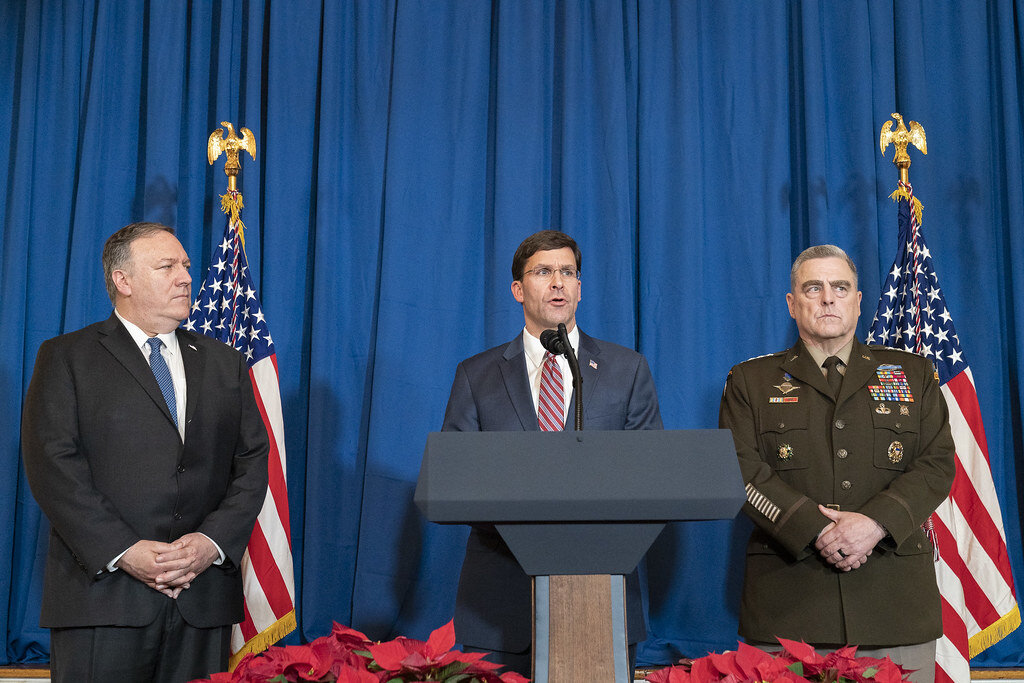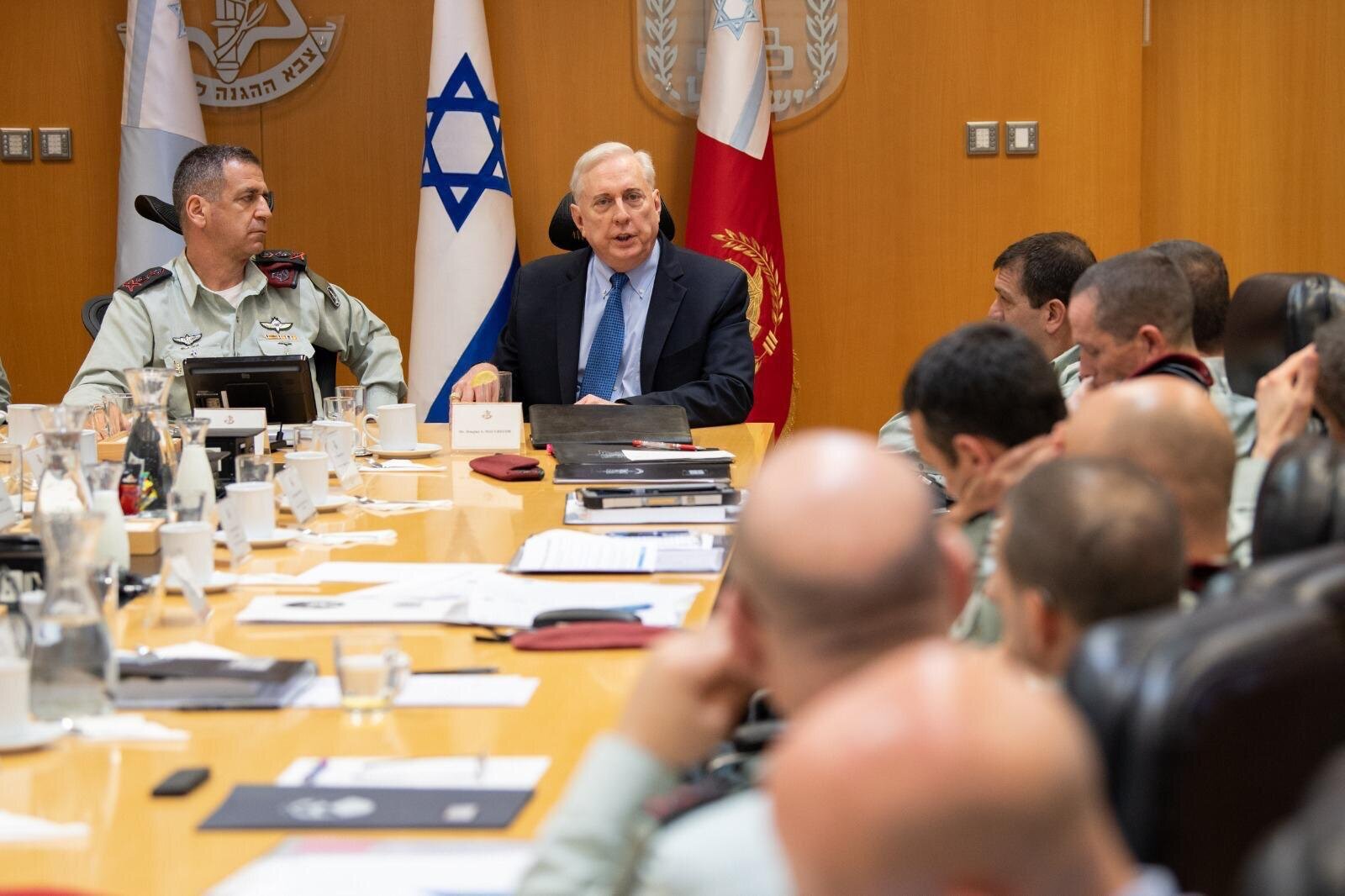President Trump fired his Sec. of Defense, Mark Esper, announcing he would be replaced with former Army Colonel Christopher Miller, the Director of the National Counterterrorism Center, and that intriguingly another former Colonel, Douglas Macgregor, one of the most severe critics of America’s Global War on Terrorism within the military, would be his senior advisor.
With less than 3 months left in his presidency barring the revelation of some fantastical evidence of voter fraud, anti-war activists and hawks alike would likely be irritated at the decision, the former due to the lateness of the hour in which two men who could truly help Trump end the “endless wars” he ran on ending have been appointed, the latter by the perceived “rudderless Pentagon,” and at a “destabilizing and reckless” firing moving into a presidential transition.
Both men are Army colonels who fought and commanded troops in their careers, Macgregor famously taking part in the tank battle against the Iraqi Republican Guard in 1991, and Miller serving as company commander of US special forces in Iraq and Afghanistan.
“…Chris will do a GREAT job! Mark Esper has been terminated. I would like to thank him for his service,” tweeted Trump after the nomination had been approved by the Senate.
Shell games
Before Trump lost the November election, he was attempting to speed up the withdrawal process in Afghanistan, where currently around 3,200 U.S. troops remain, so that they could all be home for Christmas.
Anti-war sentiment ran high during Trump’s election in 2016, but year after year of what could be described as poor appointments, such as James Mattis, John Bolton, and Mark Esper, ensured that by 2020 the United States remained entangled in all of her current conflicts.
In a stunning interview with Defense One, former Special Envoy to Syria James Jefferys detailed that he and his colleagues engaged in complete insubordination when given orders by Trump to withdraw troops from Syria.
“We were always playing shell games to not make clear to our leadership how many troops we had there,” Jeffrey said in the interview.
“What Syria withdrawal? There was never a Syria withdrawal,” Jeffrey said. “When the situation in northeast Syria had been fairly stable after we defeated ISIS, [Trump] was inclined to pull out. In each case, we then decided to come up with five better arguments for why we needed to stay. And we succeeded both times. That’s the story.”




